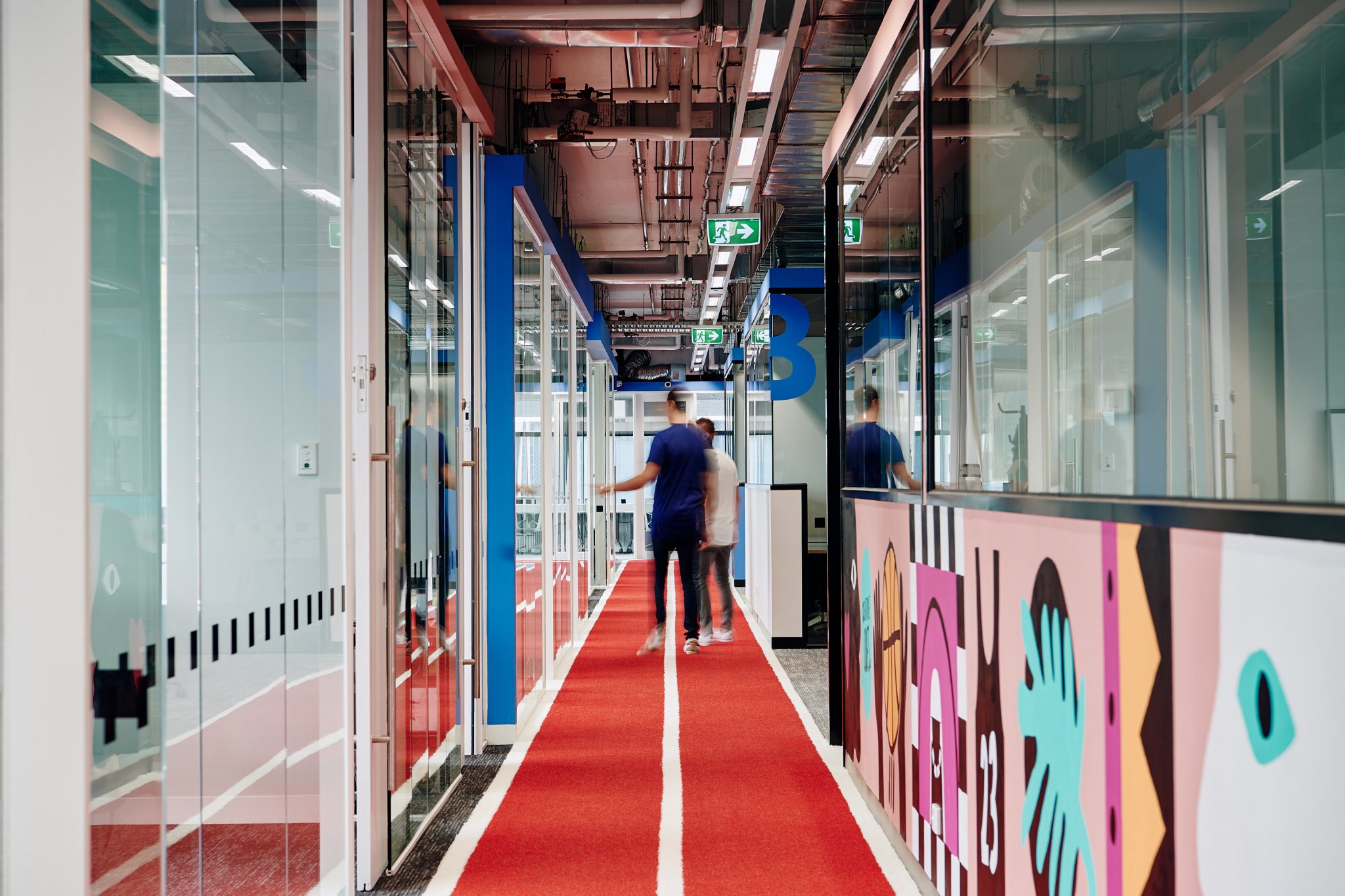All it takes is a large scale disruption to entirely change the way we think about something. The same can be said for COVID-19 as it turned the world of work on its head, forcing businesses to adapt to virtual operations and employees to work remotely en mass.
The work from home experiment saw the traditional office worker experience newfound degrees of flexibility, something that was once a privilege in a majority of corporate organisations. However, as time progressed the more work life and home life overlapped. Burnout and isolation began to take its toll, especially for those individuals who thrive off the pace and offering of the day-to-day office life.
As restrictions ease, companies are grappling with how to reopen their CBD office in a COVID-safe landscape while affording employees similar degrees of flexibility they’ve experienced working from home. Many organisations have identified entirely remote work will not be sustainable and are instead embracing a hybrid approach as we enter the “new normal”.
Should We Ditch The Office Completely?
The short answer is no.
Rather than wanting to stay working from home, or fearing human engagement, many are thirsting for the opportunity to get out of the home office and re-engage in a stimulating work environment whether it’s just for a few hours or days of the week.
The hybrid model still holds the office as a critical resource but no longer sees it as mandatory – it transforms it from a place you have to be, to somewhere you want to be, sometimes.
A Shift In Real Estate
With the proven ability to work remotely becoming seamlessly integrated into working life, companies are now well aware they could make do with much less office space and instead opt for flexible, resilient and multiple locations as part of their new portfolio strategy.
With corporate perceptions shifting away from the traditional office and employee appetite for purposefully designed office space with collaboration and engagement at its core, flexible office providers are quickly emerging as the remedy to downsizing all in the name of a hybrid approach.
With expansion and contraction clauses built into short-term, month-to-month leases, as well as a network of locations scattered across inner city and outer suburbs, occupiers are able to establish satellite offices, flex the amount of space they have around a core requirement while offering increased digital, flexible and health-orientated working solutions.
As we move into a post-pandemic working environment, it’s safe to say that the way we work has changed forever. The physical office will always hold value though it will no longer be mandatory with many companies looking to adopt the hybrid model. Companies will be more intentional about the space they use and as a result will turn to flexible office providers for shorter term leases, activity based working environments while affording their employees the freedom and flexibility the hybrid approach offers.




